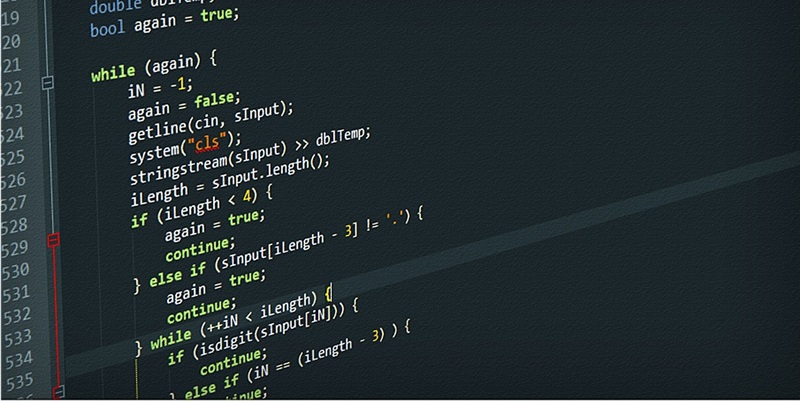Secure Boot is a vital security protocol ensuring devices boot with software approved by the Original Equipment Manufacturer (OEM). Linux systems often use the Shim bootloader to comply with Secure Boot’s validation requirements. However, the discovery of a serious flaw identified as CVE-2023-40547 has raised concerns regarding Secure Boot’s effectiveness within the Linux environment.
This vulnerability in the Shim bootloader marks a significant point of insecurity, potentially allowing the execution of unauthorized software at boot, thereby weakening the protection Secure Boot is intended to provide. The revelation of this vulnerability necessitates immediate attention and remedial action to maintain the integrity of Secure Boot within the Linux domain.
Manufacturers and developers are urged to address this issue promptly to prevent exploitation. This flaw underlines the need for continual vigilance and regular security audits among the cybersecurity community to ensure that Secure Boot remains a robust defense against boot-time threats in Linux systems. With CVE-2023-40547 now casting doubt, the Linux community is called to reaffirm its commitment to safeguarding the boot process against evolving digital threats.
A Critical Vulnerability Uncovered
CVE-2023-40547 is a high-severity vulnerability given a CVSS score of 9.8, signifying its potential to severely compromise system security. It has the ability to allow attackers to execute arbitrary code during the early stages of the boot process. This vulnerability presents itself in the HTTP boot process, which is designed to download boot images over a network. An attacker exploiting this flaw could intercept and manipulate the HTTP traffic, effectively bypassing the Secure Boot checks that should only load trusted software.
This manipulation can occur through a Man-in-the-Middle (MiTM) attack, where the attacker intercepts communication between the target device and the server providing the boot image. Consequently, even with Secure Boot enabled, a system with an affected Shim bootloader version can be tricked into executing unauthorized code. This represents a fundamental breach of the security that Secure Boot aims to provide, as it violates the trust model by allowing potentially malicious kernel or bootloader components to be loaded and executed.
Implications for Linux System Security
CVE-2023-40547 poses a critical threat to Linux systems secured by Secure Boot, as it can bypass the kernel’s protective measures, potentially granting attackers high-level persistence. Linux users and administrators must promptly patch affected systems, especially prevalent distributions such as Debian, Ubuntu, and SUSE, to prevent exploitation. This vulnerability highlights the importance of constant cybersecurity vigilance and the necessity to maintain up-to-date security practices.
The breach also exposes vulnerabilities in trusted boot components, reminding us that the security of the boot process is only as strong as its weakest link. Regular evaluation and reinforcement of security protocols are essential to safeguard the integrity of the boot sequence and prevent similar future compromises. The discovery of CVE-2023-40547 illustrates the ever-present risks in cybersecurity and reinforces the importance of continuous oversight in digital defense mechanisms.

